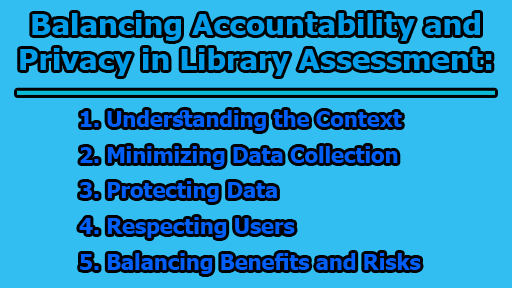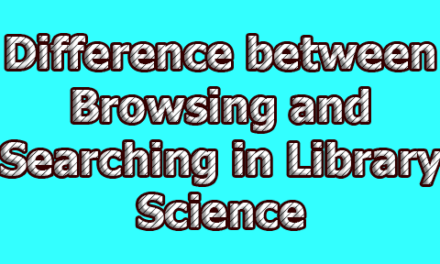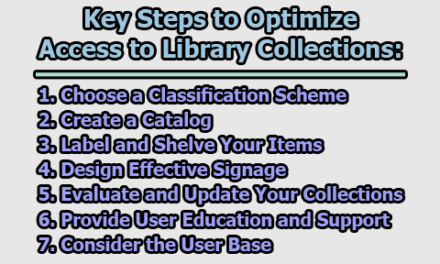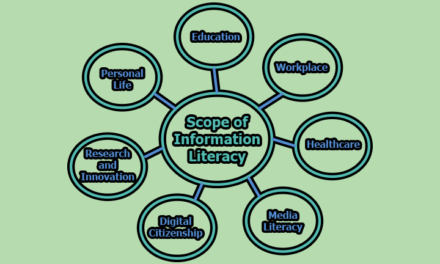Balancing Accountability and Privacy in Library Assessment:
Library assessment plays a crucial role in collecting, analyzing, and reporting data on the performance, impact, and value of library services and resources. It is essential for demonstrating accountability, improving quality, and informing decision-making. However, as we navigate this data-driven landscape, ethical and legal challenges arise, especially regarding the protection of user privacy and confidentiality. In the rest of this article, we will explore balancing accountability and privacy in library assessment, offering concrete best practices and real-world examples to guide professionals in the field.
1. Understanding the Context: Before embarking on any library assessment project, it’s paramount to understand the context and purpose of data collection. Identifying stakeholders and their expectations, defining assessment goals and objectives, and familiarizing yourself with relevant policies, standards, and guidelines are essential steps.
Example: A university library planning to assess the usage of its electronic resources should involve faculty members, students, and administrators in the assessment process. This will help ensure that the goals align with the institution’s educational mission and values.
2. Minimizing Data Collection: Data minimization is a key principle in protecting user privacy. It means collecting and retaining only necessary and relevant data for your assessment. Avoid collecting personally identifiable information (PII) or sensitive data without valid reasons and user consent. Anonymizing, aggregating, or de-identifying data whenever possible reduces the risk of re-identification or disclosure.
Example: A public library aiming to assess patron demographics for resource allocation could collect information about age groups without retaining personally identifiable data like names and addresses.
3. Protecting Data: Data security is another vital aspect of privacy protection. Safeguarding data from unauthorized access, use, or loss requires following best practices in data management. Encrypting, backing up, and storing data in secure locations, limiting access to authorized personnel, and having a contingency plan for data breaches are essential steps.
Example: A research library holding confidential scholarly communications must employ robust encryption and access controls to protect sensitive data from unauthorized access.
4. Respecting Users: Users of library services are individuals with rights and interests, not just data points. Respecting their autonomy, dignity, and diversity in assessment is crucial. Inform users about data practices and obtain informed consent whenever possible. Provide options to opt-out, withdraw, or access their data, and actively involve them in the assessment process.
Example: An academic library conducting a user satisfaction survey should clearly communicate how the collected data will be used and give respondents the option to remain anonymous or withdraw from the survey at any point.
5. Balancing Benefits and Risks: Balancing the benefits and risks of library assessment is an ongoing process. Weigh the value and impact of data against potential harm or privacy violations. Additionally, consider the ethical and legal implications of data practices and consult with experts or authorities when doubts or concerns arise. Regular evaluation and adjustments are essential.
Example: A library implementing a circulation data analysis to optimize collection management must continuously review data practices and policies, ensuring that the benefits of data-driven decision-making outweigh any privacy concerns.
In conclusion, balancing accountability and privacy in library assessment is a multifaceted challenge that requires careful consideration, ethical awareness, and adherence to best practices. As libraries increasingly rely on data to enhance their services, understanding the context, minimizing data, protecting data, respecting users, and balancing benefits and risks are key principles that guide us. These principles, along with real-world examples, help library professionals navigate the ethical and legal intricacies of library assessment, ensuring the responsible use of data while safeguarding user privacy and confidentiality.

Library Lecturer at Nurul Amin Degree College










